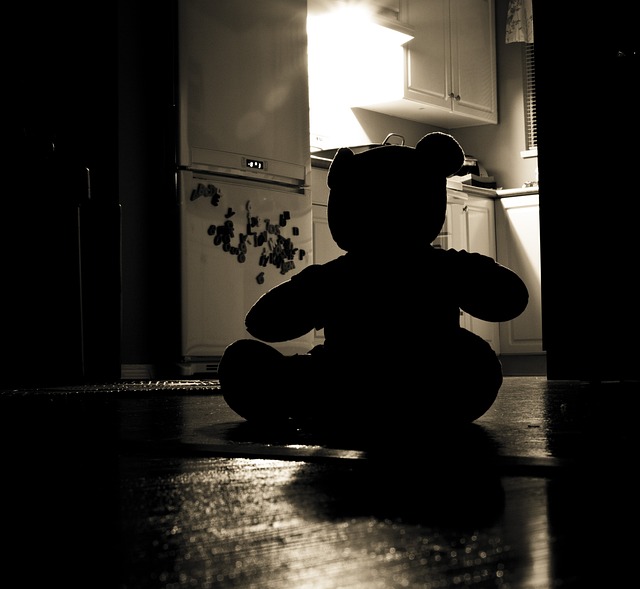Definition and Impact of Toxic Parents
Relationships with parents have a significant impact on our lives. However, not all parents have a positive influence on their children. The term ‘toxic parents’ refers to parents who repeatedly engage in negative behavior patterns that harm their children’s psychological and emotional well-being. This can range from simple control to outright abuse.

Specific Cases
Sarika (30) from Malaysia experienced significant stress from her parents’ toxic behavior even during pregnancy. She said, “Thinking about how my parents’ actions affected me and my baby breaks my heart.” Ultimately, she decided to cut ties with her parents to protect herself and her baby.
Types of Toxic Parents
Toxic parents come in various types, primarily divided into two categories.
- Controlling parents: set unrealistic expectations and continuously interfere with their children’s education, work, and relationships.
- Narcissistic parents: prioritize their own needs and emotions over their children’s, treating them as tools.
British clinical psychologist Alison Connor suggests more types:
- Dominating mothers: make decisions about their children without consulting them.
- Angry mothers: continuously find faults in their children and point them out.
- Envious mothers: try to fulfill their own deficiencies through their children.
- Competitive fathers: criticize and belittle their children for excelling in areas where they lack.
- Angry fathers: are quick-tempered and aggressive, losing their cool over trivial matters.
- Passive fathers: leave all decisions and responsibilities to their wives.
Breaking Away from Toxic Parents
Sarika cut ties with her parents, but it was not an easy decision. She always felt guilty, saying, “I haven’t done anything for my parents.” However, experts emphasize the importance of prioritizing one’s happiness and mental health.
Psychological Impact
The effects of toxic parents persist into adulthood. According to a UCLA study, stress in childhood increases the risk of conditions such as high cholesterol, high blood pressure, and diabetes in adulthood. It also leads to lowered self-esteem, chronic guilt, harsh self-criticism, and other psychological issues.
How to Deal with Toxic Parents
Dr. Asha Patel states, “It is normal to feel guilty about having toxic parents, but prioritizing your mental health is crucial.” Adult children must set clear boundaries with their parents and recognize that they are no longer children.
Practical Advice
Ultimately, Sarika decided to be a good parent to her daughter. She said, “I want to be a strong support for my daughter and let her make her own life decisions.” This decision stemmed from cutting ties with her parents and prioritizing her happiness.

Conclusion
Relationships with toxic parents are challenging. However, it is essential to prioritize one’s happiness and mental health. Sarika and Ashley’s stories will inspire many. Take care of yourself and make brave decisions for a healthy life.
Source: BBC, “‘What’s it like to live with ‘toxic parents’?”
